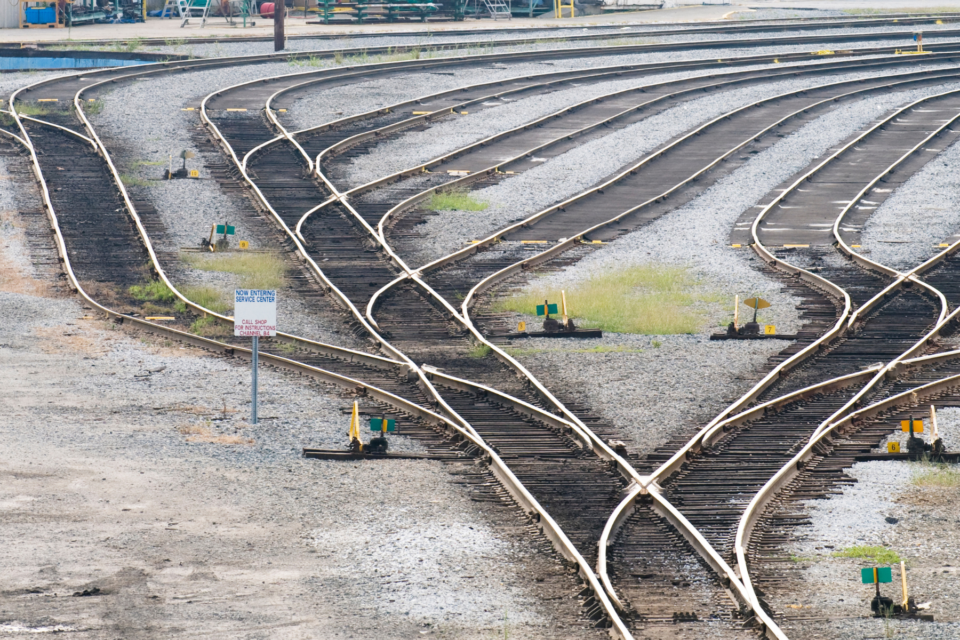Rail Labor Dispute Threatens the National Economy

The nation is on the precipice of economic disaster as we move full speed ahead to a nationwide rail shutdown that could begin as early as December 9. This shutdown is being driven by four unions continuing to litigate a new labor contract despite the fact that their leadership and the eight other unions reached a tentative deal with six major freight railroads on September 15 that followed the recommendations made by President Biden’s Presidential Emergency Board (PEB) and additional mediation by the Biden Administration.
The September 15, 2022 “tentative agreements” that the leadership of the 12 unions reached with the railroads provided the following:
- 14.1% wage increase effective immediately and a 24% wage increase by 2024, the most substantial in decades.
- Five $1,000 lump sum payments to all employees.
- Additional personal leave for all employees.
The majority of railroad workers have accepted the offer negotiated by their representatives based on the Administration’s PEB recommendations. However, four unions rejected the contracts negotiated by their leaders and continue to demand more from the nation’s railroads. All twelve unions have pledged to honor each other’s picket lines, therefore if one union strikes the entire national rail system is driven to a halt. How did we get here?
The Only Solution Now is for Congress to Intervene
With the failure to obtain ratification by all unions, the process under the governing law for railroad negotiations, the Railway Labor Act, has been exhausted. This means that absent a voluntary agreement between the railroads and the unions, the only way to prevent a crippling national strike is for Congress to exercise its authority over interstate commerce by intervening and impose terms upon the unions that failed to ratify. This is not unprecedented. In fact Congress has intervened 18 times since the Railway Labor Act was passed to prevent major railroad shutdowns, most recently in 1994.
Congress Must Act Now to Prevent a Railroad Strike
The railroads are critical to our economy, our communities, and our way of life. In a typical year, U.S. freight railroads move around 1.7 billion tons of cargo throughout the entire U.S. Even the threat of a strike will be extremely damaging, as railroads must secure their networks in preparation of a potential shutdown by stopping shipments of chlorine critical for clean water and other important chemicals and products well in advance of any potential strike.
Without immediate action by Congress to prevent a strike, perishable foods such as dairy, fruits, and vegetables will spoil at their points of origin; the chemicals needed to provide clean water won’t make it to purification facilities; raw materials won’t make it to our nation’s factories; livestock will starve without feed; holiday gifts won’t make it to their recipients; and heating fuel won’t make it to homes during the coldest months of the year. Thousands of workers will face immediate furlough in factories across the country without the materials they need to do their jobs, and the economy will suffer losses of $2 billion dollars a day during these already challenging economic times.
Just the threat of a strike slows the economy as railroads stop accepting hazardous materials a week ahead of time, and shippers spend time and money in making contingency plans. Any strike, even a one-day strike, would inflict devastating damage on the economy as it would take weeks to return operations to normal. While a voluntary agreement between the railroads and unions is preferred, the threat of a strike means Congress must act immediately and impose the September 15 tentative agreements mediated by the Biden administration on the remaining unions.
Story by US Chamber


